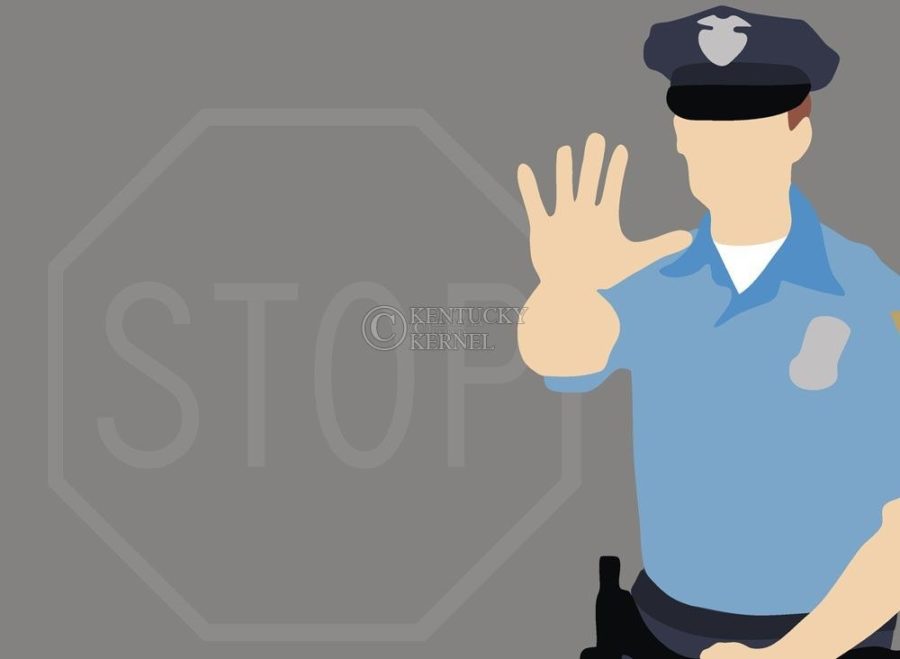The social media police: Facebook has potential as a law enforcement tool
February 11, 2011
By Ally Rogers
Facebook — it’s a great tool to keep in touch with friends and family. It’s useful for employers to profile prospective employees.
And now, it’s become a great tool for police departments and prosecuting attorneys.
“It’s the 21st-century version of a private investigator following you,” said Trevor Wells, an attorney with Lexington’s Miller Wells.
Wells explained that while conducting research about the use of social networking sites in court cases for a continuing legal education seminar for the bar, he found that “every couple of months the number doubled with the cases involving Facebook.”
While larger police departments and law firms use Facebook and other social networking sites to find evidence for domestic relations, gang-related, and personal injury cases, smaller PDs use the networks less aggressively.
“We’ve used Facebook in the past to gather information related to crimes,” said Joe Monroe, chief of the University of Kentucky Police Department.
Monroe explained that, contrary to popular belief, the UKPD does not use Facebook as a way to locate student parties. He said that not only would that process be a full-time job, it would be a waste of the UKPD’s resources, manpower and time.
Currently the UKPD operates one Facebook page. It represents the organization as a whole and, according to Monroe, is used simply as another way to communicate with the public.
However, over a year ago UKPD detectives used Facebook as a means to an end in cases related to theft, robbery and drugs.
Monroe said the process didn’t involve a random search or fake profiles — instead, the detectives had suspects in mind and simply conducted a search to see public information, which was displayed on unblocked profiles. From there the detectives followed trails of evidence and submitted documentation to the courts.
“As long as people post things blindly, Facebook will be a useful tool,” Monroe said.
Northern Kentucky University Police Department Sgt. Will Love said, similar to UKPD, that the only Facebook page they operate is one for community relations. However, he said in previous years it has been useful to locate students who had otherwise been unreachable by concerned parents.
“We use it if it helps, but it’s not the first place we go,” Love said.
“Social networks in general are a great way to give and get information. It’s a wonderful way to open a dialogue with the community,” Sherelle Roberts, the public information officer for the Lexington Division of Police, said.
She said that social networking sites have been used in Lexington investigations. Most incriminating information has been posted to public profiles via video or photos on Flickr, YouTube, Facebook, and Myspace.
“It’s impossible to quantify Facebook’s use in cases,” Roberts said, adding that over the last decade the Internet has been a tremendous tool in gathering information and identifying criminal activity.
Monroe said nearly 75 percent of police departments use Facebook in some fashion. Developing fake Facebook or Myspace pages is nearly beyond the scope of necessity for campus police departments, but not entirely out of the question for larger organizations.
Wells explained that private profiles aren’t entirely out of the reach of the law either.
“More and more we’re seeing formal requests (being filed) for Facebook page activity,” he said.
Other realms of the legal system are using social networks for cases as well, and it most likely will continue to grow in this day and age.


























































































































































